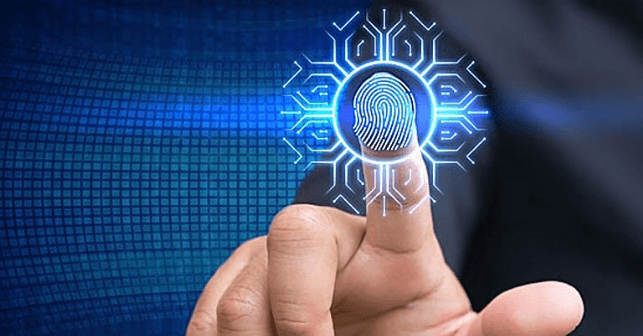Use Cases for Fingerprint IDs That Are Becoming Common

The technology known as biometrics has picked up a lot of steam over the last handful of years. This technology has come a long way in a short period of time and isn’t likely to disappear anytime soon. While biometrics takes a variety of forms, fingerprint ID is perhaps the most prevalent for the average person. Most of us have probably used our fingerprints to unlock a smartphone at some point. But that just scratches the surface with regard to how fingerprint ID can be used. Let’s look at some of the use cases for this technology that are becoming increasingly common.
Employee Time Clocks
Many businesses have methods in place to monitor when employees arrive at work and when they leave. However, past methods have involved using a time clock, which isn’t the most efficient, especially when it comes to buddy punching or time theft. However, those problems are easily solved for companies that use fingerprint ID to track employee attendance. Since nobody can replicate another’s fingerprints, employees must check themselves in when they get to work, making it impossible for them to claim that they arrived at work before they did, helping companies eliminate instances of fraud and time theft.
Secure Location Access
Similarly, employers can also use fingerprint ID to block off restricted areas. This type of technology has frequently been seen in movies over the years but has actually become a reality. If there are areas of a workplace that hold confidential information or pose safety threats, it’s possible for access to be restricted to certain people, and those people can only reach those locations by scanning their fingerprints. This eliminates the threat of lost or stolen ID tags allowing unauthorized access. Biometrics can also keep a record of who had access to that location and when they entered just in case something goes wrong and an incident needs to be investigated.
Electronic Passports
For decades, travelers have feared losing their passports while traveling overseas. Even if it’s not that common of a problem, it’s a potential nightmare and a huge inconvenience. However, this is no longer a concern with passports and other forms of ID that are tied to someone’s fingerprints. Rather than having a physical passport, it’s possible for governments to rely on a person’s fingerprints to identify them while traveling through an airport or an international border. For travelers, it can make it quicker and easier to pass through checkpoints because there would be no reason to question a person’s identity. At the same time, that also increases security because there is no way to replicate a person’s fingerprint, allowing governments to feel more secure about who is coming and going.
Patient ID in Hospital
Hospitals tend to have ID bracelets for patients to help them keep track of who is in the hospital and their medical history. Yet, patient misidentification remains a significant problem, leading to both clerical errors and threats to patient safety. The good news is that some hospitals are starting to gravitate to fingerprint IDs for patients. This leaves no question about the identity of a patient, helping to ensure they get the right treatment. It also prevents someone from trying to impersonate a hospital patient because they’ll never be able to imitate someone else’s fingerprint. Therefore, fingerprint biometrics can allow hospitals to become safer and more efficient, which is ultimately what is best for patients.
Online Casino Account Sign-In
With the growing popularity of online casinos, these platforms have had to step up their security measures. Fortunately, fingerprint ID has helped to make that happen. Players today can access real money casinos online on their phones or other mobile devices. However, some sites only allow customers to sign in using their fingerprints. This takes away the possibility that someone’s password can be stolen. This is a big deal because someone’s online casino account is usually tied to a bank account or another financial platform. However, if someone’s online casino account can only be accessed via their fingerprint, the chance of fraud is almost non-existent, allowing players to enjoy all of the games available at online casinos without having to worry about hackers getting into their account.
Mobile Banking
More and more people are banking online. They can move money between accounts, transfer funds to another account, and even cash checks from their phone without having to step foot in a bank. Of course, biometrics are needed to make sure that the owner of that account is the only person who can access it from their mobile device. If someone’s online bank account can only be accessed via a fingerprint, it eliminates the threat of that account being hacked. Banks can also use biometrics at ATMs, enabling customers to scan their fingerprint rather than relying on a debit card and pin number that could be lost or stolen. With biometrics like fingerprint ID, financial security is better than ever.
